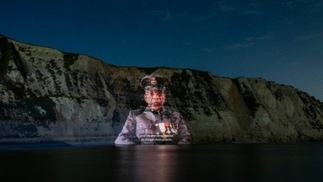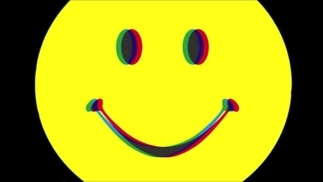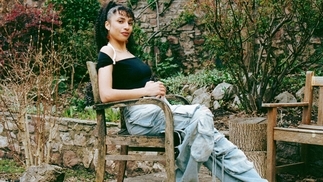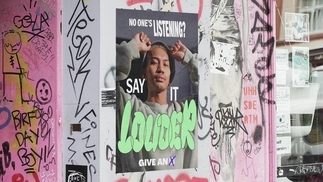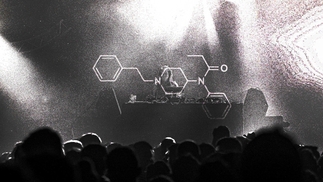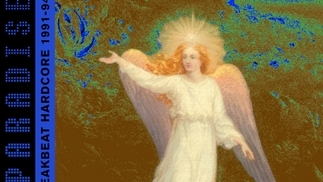Story of rave and ecstasy in the UK explored in new BBC Podcast
The podcast will be available soon
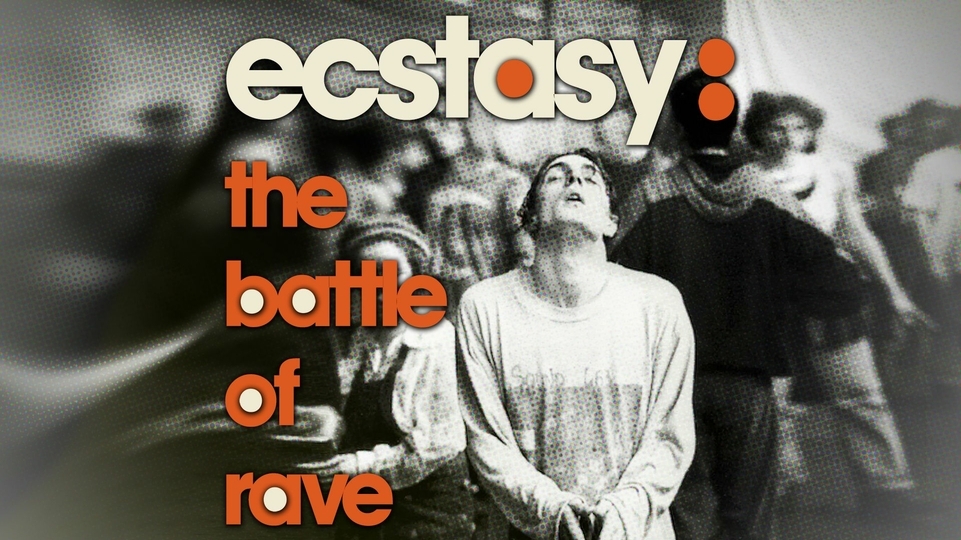
The story of rave and ecstasy in the UK has been explored in a new BBC Podcast.
The podcast, entitled Ecstasy: The Battle of Rave, will be online from the 11th September, and will present a deep dive into the emergence of rave and ecstasy into the UK in the late '80s and '90s, through factual and dramatised episodes.
The factual episodes will feature BBC Radio presenter Chris Warburton talking to the dealers, the takers, the ravers, the DJs and the personalities who were at the heart of the scene during the emergence of ecstasy, with the Danny Brocklehurst-produced drama episodes transporting listeners back to warehouses, clubs, and the streets.
A special soundtrack has also been curated for the podcast, moving from the early Chicago house influence right through to all the key later tracks of the British Acid House scene. There's also contributors in the form of the Happy Mondays' frontman and Madchester icon Shaun Ryder, and an original resident from Manchester's The Haçienda, Graeme Park.
Last year, BBC Four aired a rave documentary, Everybody in The Place: An Incomplete History of Britain 1984-1992, from Turner Prize-winner Jeremy Deller. The episode features rare and unseen archive materials, while uprooting “popular notions of rave and acid house, situating them at the very centre of the seismic social changes reshaping 1980s Britain.”
You can listen to Ecstasy: The Battle Of Rave from this Thursday 11th September via the BBC sounds app.
In August, it was announced that The Haçienda would be taking over London's Tobacco Dock on Easter weekend next year. First opened in 1982, The Haçienda peaked in the Madchester and rave days, as the decade gave way to the early-1990s. It closed in 1997 amid financial troubles, during a notorious era for gang activity in the city's music venues. Established by Factory Records, then home to the likes of New Order, Happy Mondays and A Certain Ratio, its now world famous aesthetics — including those iconic horizontal black and yellow stripes — were overseen by Peter Saville, who drafted the talents of designer Ben Kelly. It is considered a blueprint for modern nightclub design.
Earlier this year, The Haçienda was voted one of the UK's top historic sites, despite the fact the warehouse that once housed the Manchester club no longer exists.

